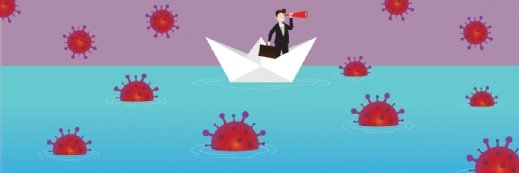
tommy/Getty Images
CDC issues health advisory for dengue virus infections across the US
The advisory reports an elevated incidence of dengue virus globally, with record-breaking cases across the Americas.
On June 25, 2024, the United States Centers for Disease Control and Prevention (CDC) published an official health advisory through the Health Advisory Network warning people across the US of an increased risk of dengue virus (DENV) infections.
According to the advisory, dengue virus cases have risen globally over the past year, with rates exceeding the global average. For instance, the CDC lists the following countries as having higher-than-usual DENV cases: Afghanistan, Argentina, Brazil, Burkina Faso, Cambodia, Columbia, Costa Rica, Curacao, Ecuador, Ethiopia, Fiji, French Guiana, Guadeloupe, Guatemala, Guyana, Honduras, Indonesia, Laos, Mali, Martinique, Mauritius, Mexico, Nicaragua, Panama, Paraguay, Peru, Samoa, Singapore, Sri Lanka, Sudan, and Uruguay.
Beyond global increases, the CDC points out that cases have increased across the Americas, including the US. For example, between January 1, 2024, and June 24, 2024, there have been over 9.7 million reported DENV cases in the Americas, double the total number of cases in 2023 (4.6 million).
If this infection rate persists, 2024 cases in the Americas are on track to be four times greater than in 2023. However, the CDC notes, “Dengue transmission peaks during the warmer and wetter months in many tropical and subtropical regions. Dengue cases are likely to increase as global temperatures increase.”
Typically, Puerto Rico, American Samoa, the US Virgin Islands, the Federated States of Micronesia, the Republic of Marshall Islands, and the Republic of Palu are the US territories with the highest rates of DENV transmission; however, small outbreaks have been identified in Florida, Hawaii, and Texas.
A closer look at disease rates in the US reveals 2,241 cases domestically in 2024, which is higher than average. More specifically, Puerto Rico has reported 1,498 of these cases, prompting local public health authorities to declare a public health emergency in March 2024.
The CDC notes that approximately 25% of DENV cases are symptomatic, with symptom onset occurring within 10 days of exposure. Symptoms include fever, nausea, vomiting, rash, muscle aches, joint pain, bone pain, pain behind the eyes, headache, or low white blood cell counts.
In severe cases — which occur in roughly 5% of patients — the condition can result in severe bleeding, shock or respiratory distress, or end-organ impairment.
While no antiviral medication is available to treat the condition, the CDC explains that “Expectant management of patients at high risk for severe disease and rapid initiation of a standardized fluid replacement strategy recommended by the World Health Organization (WHO) can decrease mortality from 13% to [less than] 1%.”
The CDC is advising providers to be vigilant of DENV risks and test patients with a fever who have been in high transmission areas within 14 days before symptom onset using reverse transcription polymerase chain reaction [RT-PCR] and IgM antibody tests or non-structural protein 1 [NS1] antigen tests and IgM antibody tests.
Additionally, the organization is asking for timely reporting of DENV cases to public health authorities so they can monitor transmission effectively.





